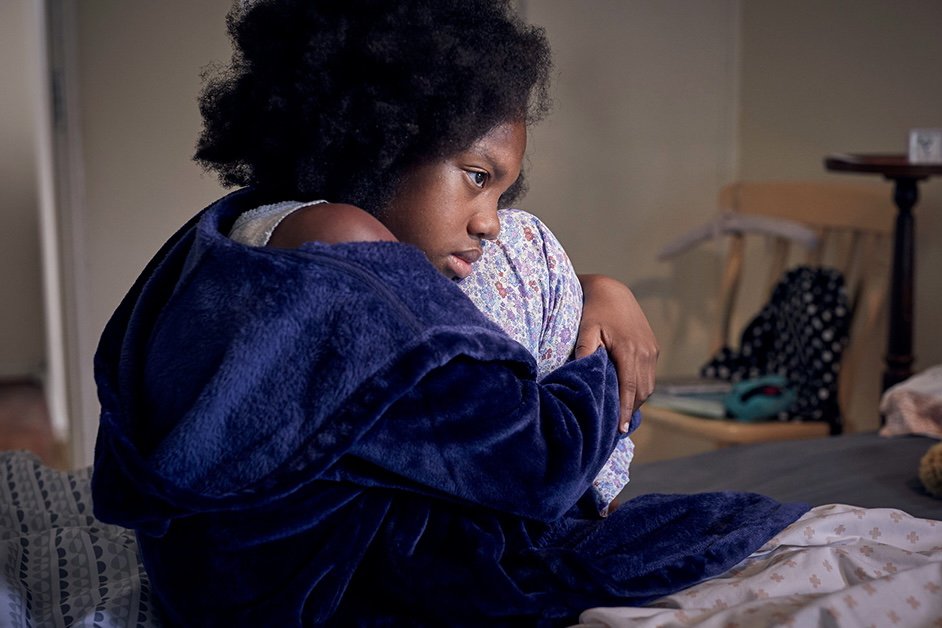
New figures show the average monthly number of referrals made by the NSPCC Helpline about parental substance misuse in the West Midlands are up 72% on pre-lockdown levels.
Referrals are made to external agencies, such as the police and children’s services, when concerns reported to the helpline are considered to be serious enough to warrant further investigation or if it is felt a family needs support. Nationally, the number of people calling the NSPCC Helpline with concerns about parents’ use of drugs and alcohol has increased by 66% since the first lockdown, according to new NSPCC data.
In the period before the first national lockdown began on 22nd March 2020, there was an average of 709 contacts a month from adults worried a child was being placed at risk by their parent or carer’s use of drink and/or drugs. In the 10 months since then, this increased to an average of 1,178 contacts a month. Many of these were so serious they had to be reported to external agencies such as the police and children’s services.
There were, on average, 84 referrals to agencies in the West Midlands per month before the first lockdown, and this has increased to an average of 144 referrals per month since lockdown measures were introduced at the end of March – an increase of 72%. In total over the 10-month period there were 1,444 referrals made in the West Midlands.
It comes as this week marks Children of Alcoholics Week to raise awareness of children affected by parental alcohol problems. This includes adults who consume harmful amounts of alcohol, are dependent on alcohol, use prescription drugs excessively or are using illegal drugs, any of which impacts their ability to care for a child.
Living in a household where a parent or carer misuses substances does not necessarily mean a child will experience abuse, but it can make it more difficult for parents to provide safe and consistent care and this can lead to abuse or neglect. It can also have a serious impact on children’s emotional well-being.
Due to the pandemic, children are much more immersed in the problems they are facing at home. Schools have stayed open for vulnerable children and those of key workers but many remain at home meaning there is no escape for those living with parental substance misuse.
As contacts to the helpline continue to rise, it is vital that the Government keeps local substance misuse services available during the pandemic. It must also set out a plan to invest in services to help children and families recover from the distress and disruption of this crisis.
Some signs to look out for that show families might be struggling with parental substance misuse during the lockdown and need support include a change in the parent’s behaviour, a child becoming withdrawn or developing behavioural, emotional or mental problems or children looking dirty or not changing their clothes. Kam Thandi, Head of NSPCC Helpline explained:
“Parental substance misuse can have a seriously detrimental impact on the whole family. The COVID-19 pandemic and subsequent lockdowns have created a perfect storm for families affected by addiction.
“At the NSPCC Helpline we’ve not only seen a rise in contacts and referrals but we’re also seeing families who weren’t previously known to children’s services requiring help and support for substance misuse.
“The pressures on families at the moment are unprecedented and it is no surprise that our helpline is hearing that parents and carers are struggling with substance misuse. To keep our children safe it’s vital that those who are relying on drugs and alcohol, to the extent that the care of their children comes second, must seek help.
“The Government must also invest more in local services. Our frontline practitioners have told us that many parents and carers are struggling to access specialist support services which will help them recover from the impact of the pandemic.”
The NSPCC’s concerns are being backed by Adfam, a charity which provides support to families affected by drug, alcohol or gambling addiction. Vivienne Evans OBE, Chief Executive of Adfam, said:
“We are seeing that the usual daily challenges associated with a parent or family member’s alcohol or drug problem – fear, domestic abuse, isolation, loneliness, and mental stress – are being exacerbated by the lockdown measures.
"A staggering 88% of the families that we surveyed in our ‘Families in Lockdown’ survey told us that the first lockdown negatively impacted on their family member’s alcohol, drug or gambling problem.
“As drug and alcohol misuse is so stigmatised, we know that many young people are scared to seek support, and for many children affected by parental substance use, the lockdown impedes them from the safety of the school environment.
"We know that with the right kind of support, children and young people can navigate this challenging time. We urge families not to wait until breaking point.”
The NSPCC is calling on anyone who is concerned a child is at risk due to parental substance misuse to contact their helpline. Trained professionals can offer advice to make sure everyone in the family receives the support they need – both parents and children.
If anyone is concerned about their own drug or alcohol intake and that it is affecting their family, support can be accessed by contacting the NSPCC helpline on 0808 800 5000. You can visit adfam.org.uk to find your nearest online support group.













Comments
Add a comment